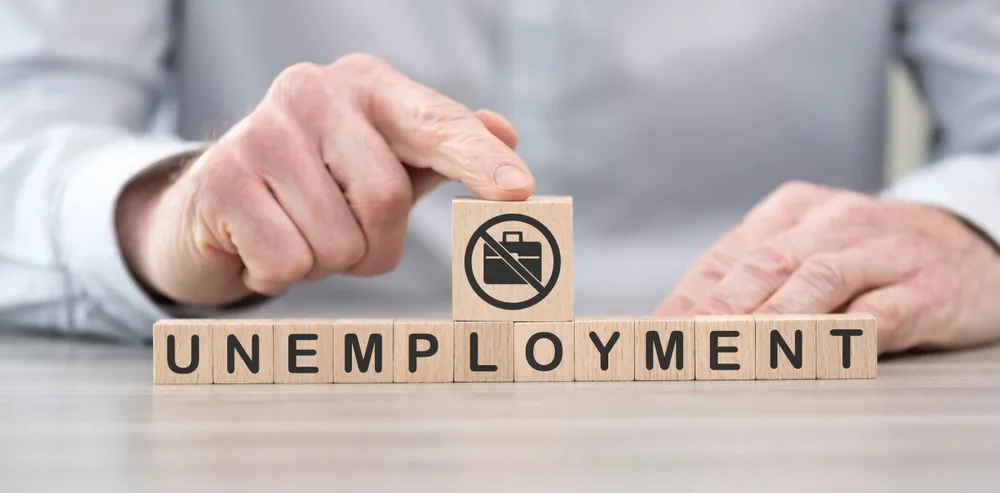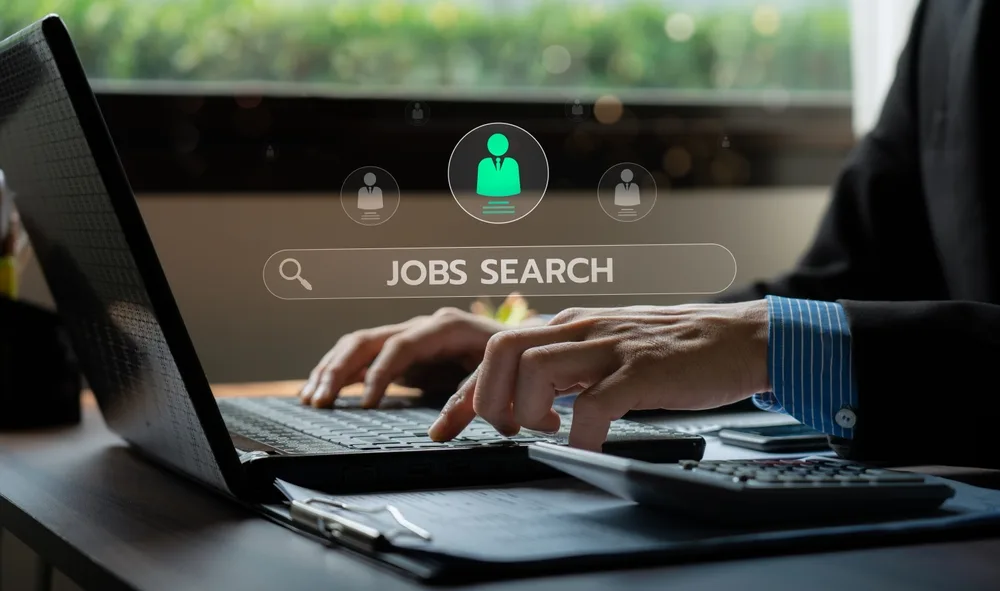
Losing a job is stressful enough, but what happens when the entire economy takes a hit? Government shutdowns, recessions, and other big financial shifts can shake up the job market—and unemployment benefits, too. Sometimes, these events lead to more people needing benefits all at once. Other times, they cause delays, changes in eligibility, or even temporary boosts in assistance.
If you’re relying on unemployment or thinking about applying, it’s important to understand how larger economic events could affect the help available to you. Find out what happens during a government shutdown, how economic downturns impact unemployment benefits, and what you can do to stay prepared.
What Happens to Unemployment Benefits During a Government Shutdown?
A government shutdown happens when Congress can’t agree on a budget, leading to temporary closures of federal agencies. If a shutdown lasts long enough, it can start affecting unemployment benefits—but not in the way you might think.
· If you already receive unemployment benefits: You’ll likely still get your payments. Unemployment insurance is mostly run by states, not the federal government. However, if a shutdown drags on, processing delays could happen, especially if the state needs federal funds to keep paying out claims.
· If you’re a federal worker or contractor: You might not be eligible for regular unemployment if you’re just on furlough (temporary leave). Some government workers get back pay after a shutdown ends, which means they won’t qualify for unemployment. Contractors, on the other hand, usually don’t get back pay and might be eligible for benefits.
· If you’re applying for unemployment during a shutdown: Some federal programs, like extended unemployment benefits or special assistance programs, could be put on hold if funding isn’t approved. This could slow things down, so applying early is always a good idea.
How Economic Downturns Affect Unemployment Benefits
When the economy slows down—whether due to a recession, inflation, or a financial crisis—more people lose jobs and apply for unemployment benefits. This can have both positive and negative effects on the system:
· More people filing = longer wait times. State unemployment offices can get overwhelmed, leading to delays in processing claims. If you need benefits, file as soon as possible to avoid getting stuck in a backlog.
· Emergency benefits may be introduced. During major recessions, the government sometimes steps in to create temporary programs, like extended unemployment benefits or stimulus payments. These can provide extra weeks of assistance or higher payments to help people stay afloat.
· States may adjust benefit amounts. Some states link unemployment benefits to the health of their economy. If job losses increase, certain states might extend benefits, while others could reduce them if unemployment funds start running low.
What to Do If a Shutdown or Economic Change Affects Your Benefits
Even if unemployment benefits are delayed or changed, there are still steps you can take to stay financially stable:
· File for unemployment as soon as possible. The earlier you apply, the sooner your claim gets in line for processing.
· Keep an eye on government updates. Check your state’s unemployment website for news about benefit changes, extensions, or emergency programs.
· Explore other financial assistance. If unemployment benefits are delayed or reduced, look into food stamps (SNAP), Medicaid, rental assistance, or local relief programs.
· Consider temporary or gig work. If job openings are scarce, gig work or freelancing can help cover bills while you search for something more stable.
· Save any extra money if you can. If you receive a stimulus check or extra unemployment funds, setting some aside can help if benefits are later reduced or delayed.
Government shutdowns and economic downturns can create uncertainty, but unemployment benefits are designed to help people get through tough times. While delays or changes can happen, staying informed and exploring all available resources can help you stay on top of your finances. No matter what the economy is doing, there are always options to help you get through until your next job opportunity comes along.







